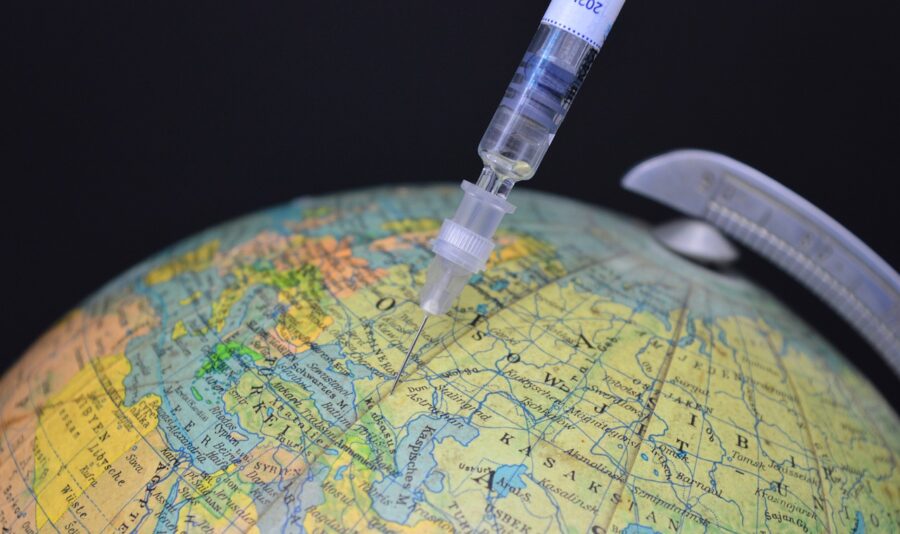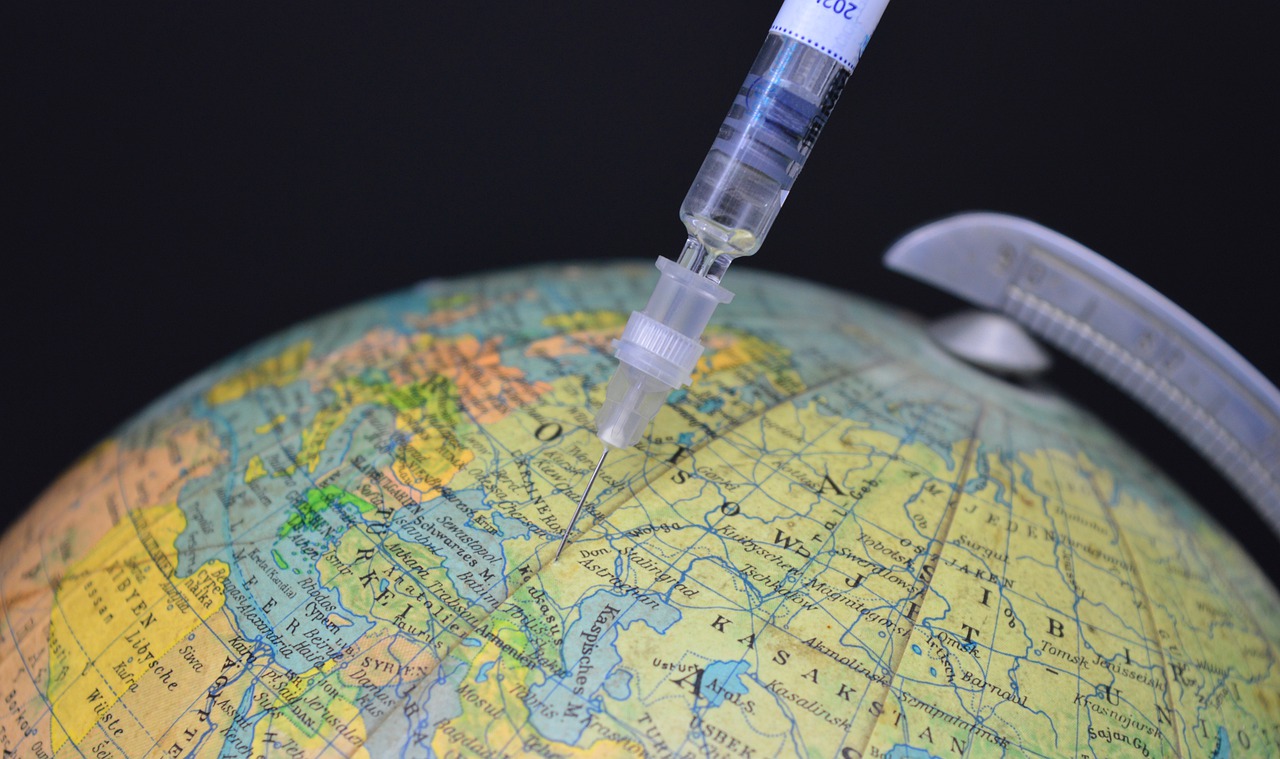
SA in Advanced Negotiations for Sputnik and Sinovac Vaccines
South Africa’s Deputy President David Mabuza says negotiations with the manufacturers of Sputnik V and Sinovac COVID-19 vaccines are at an advanced stage. The Deputy President said this when he responded to oral questions in the National Council of Provinces (NCOP) on Tuesday. “Further interventions being implemented to save lives are ongoing. Negotiations with vaccine […]

South Africa’s Deputy President David Mabuza says negotiations with the manufacturers of Sputnik V and Sinovac COVID-19 vaccines are at an advanced stage.
The Deputy President said this when he responded to oral questions in the National Council of Provinces (NCOP) on Tuesday.
“Further interventions being implemented to save lives are ongoing. Negotiations with vaccine manufacturers such as the Gamaleya Institute for the Sputnik V and manufacturers of Sinovac are at an advanced stage.
“The opportunity of receiving additional doses through the COVAX Facility is being actively pursued.”
Addressing NCOP delegates, the Deputy President said the major response area in saving lives and achieving population health is the ongoing mass vaccination programme under the coordination of the Inter-Ministerial Committee of COVID-19 Vaccines.
“Initially, there was slow uptake of vaccination due to the limited supply of vaccines as a result of global demand for vaccines, as well as pessimism towards their use.
“This has been addressed by concluding negotiations with manufacturers and upscaling government risk communication.
“We experienced regulatory issues with regard to AstraZeneca and later Johnson and Johnson, which cumulatively has impacted the scale and pace of the vaccination programme.”
The Deputy President said notwithstanding these challenges, government is forging ahead with the vaccine acquisition, and distribution to provinces has also improved, evidenced by the rise in the numbers of those vaccinated.
“We are also enhancing local manufacturing capability through collaborations with other partners within BRICS, which will enable us to overcome the current pandemic and respond to future health emergencies.
“As government, we will continue to ensure that every citizen enjoys the right to life, equality and human dignity, as outlined in the Bill of Rights.
“With the recent surge of new cases, we appeal to all of us to continue observing COVID-19 protocols to curb further infections, while working on achieving population immunity through vaccines,” Mabuza said.
Further measures to save lives
The National Department of Health developed a plan of action to mitigate and respond to the COVID-19 resurgence in South Africa prior to the second wave of infections.
Following the second wave, the Incident Management Team, in collaboration with the World Health Organisation, reviewed the successes and failures with regards to interventions previously implemented during the second wave.
From this, the department identified what could have been done to improve the response, including planning for the third wave, which has been officially declared by the National Institute of Communicable Diseases.
Mabuza said the department engaged with provincial Departments of Health, and provided support in the development of the province-specific resurgence plans, which detailed activities to be implemented to improve the health system response going into subsequent resurgences.
“There are two major components of the resurgence plans. The first component is surveillance, where key resurgence monitoring indicators are described, and thresholds are defined to enable the close tracking of COVID-19 trends.
“The second component of the plan is the so-called intervention toolkit, which stipulates action for 10 intervention areas, which include governance and leadership, medical supplies, epidemiology and response, risk communication and community engagement, among others.
“In essence, these measures are focused on ensuring that we continue to save lives through close surveillance of key resurgence indicators, and the deployment of rapid response teams to targeted areas.” – SAnews.gov.za
